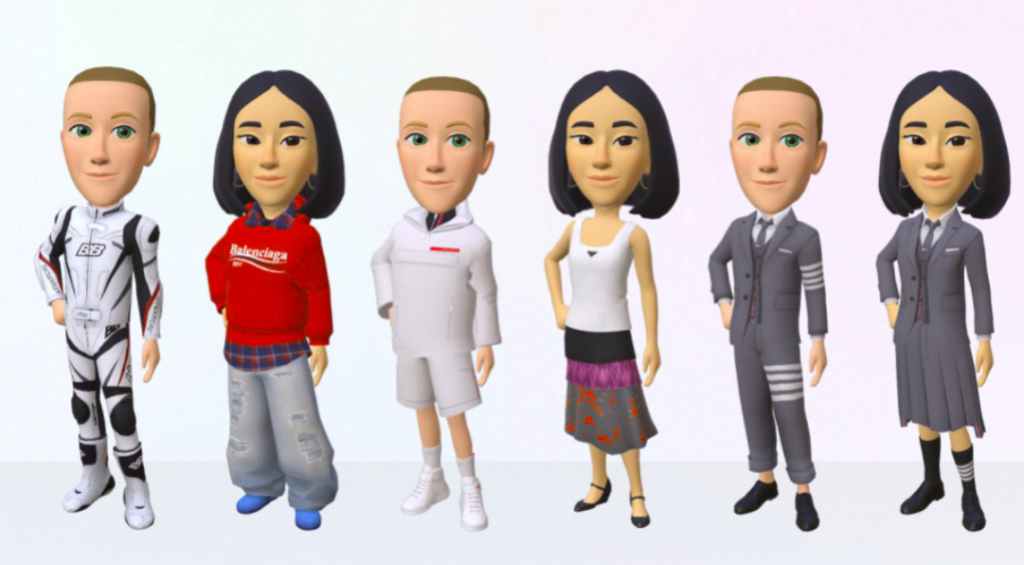

Facebook formally relaunched as Meta back in late 2021. It also declared at the time that it was changing course and going to concentrate on creating the Metaverse, which was essentially a 3D environment where your avatar could engage with people in novel and fascinating ways. Naturally, a VR headset is required to enter the metaverse, and Meta sells them. As is well known, the metaverse is still not widely accepted, and a recent survey on VR device sales suggests that it may never acquire sufficient traction to materialize. Meta continues to pour billions of dollars into the project even though it was unable to get off the ground.
The most recent data on VR gadget sales comes from Circana, an industry research company. CNBC obtained the data, which showed a 40% decrease in sales of VR equipment and alternate reality goggles this year over last. Although sales of the troubled gadgets fell by just 2% overall last year, this is a sharp reduction for them. Though it was still a $1 billion industry in 2022, VR/AR is now distinctly less so. Simultaneously, CNBC reports that Meta’s VR/AR division lost $3.7 billion in the third quarter of 2023 alone, bringing its total losses since the company’s rebranding two years ago to above $25 billion.
A killer app that everyone wants to play or use, as well as a dearth of interesting devices for people to use, seem to be the causes of the downturn. In October of this year, Meta itself launched the Quest 3, and Sony debuted the PSVR2 gadget. According to CNBC, while sales of Sony’s latest headset have not performed well, Meta’s latest headset has caused a 42% increase in sales when compared to the same quarter last year. In the near future, Apple will also be making its $3,500 Vision Pro headset available on the market.
2024 appears to be the year that VR gadgets make or break based on all of these advances. Apple is joining the market, but it isn’t joining the metaverse with its product since it is intended to be used by an individual to enjoy content on their own, not in a networked setting with other people. Thus, Meta will bear the primary responsibility for advancing the metaverse.
Because of the confusion caused by the advent of AI, it’s not entirely obvious where Meta’s attention lies at the moment. CEO Mark Zuckerberg announced in March that the business was changing course and concentrating on integrating AI into every product. Shortly after Zuckerberg’s remarks, the firm softened their stance slightly, saying that while it was still focused on the metaverse, it might take some time to come to pass. To be fair to Meta, the business has said that it will take ten years to construct the metaverse, so we should anticipate seeing it completely realized by 2032 or thereabouts.
Additionally, the business reaffirmed this week its dedication to emerging technologies, which now include artificial intelligence (AI) and the metaverse. The company is counting on these two technologies to be Meta’s future, and its chief technology officer and virtual affairs officer wrote that they have already started to intersect. The company’s new AI-powered glasses, which have an integrated AI assistant that can respond to inquiries about the user’s surroundings, are one tangible illustration of this.